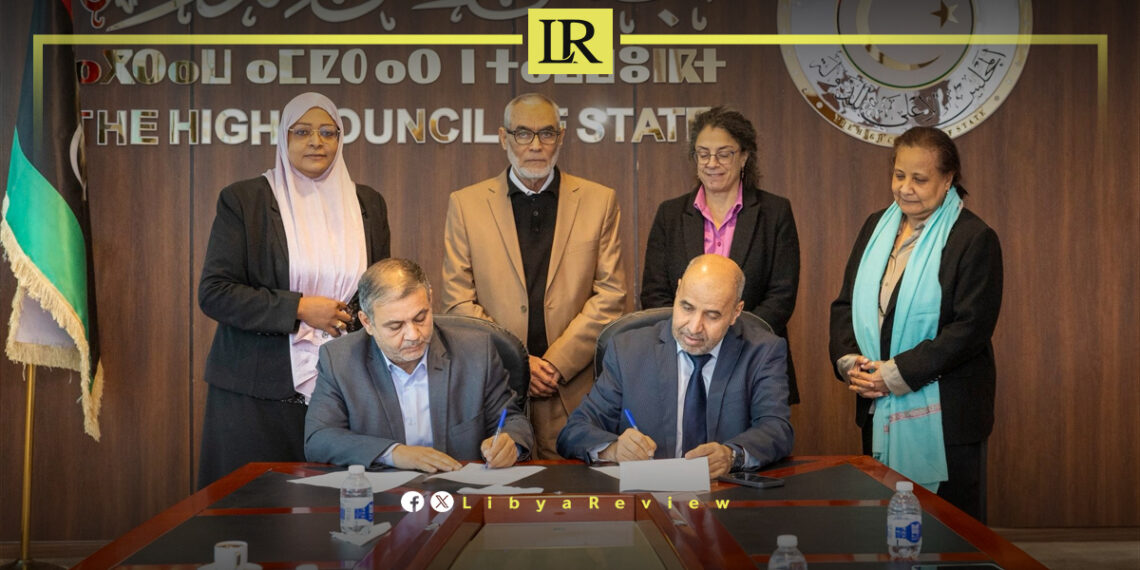The committees responsible for sovereign positions in Libya’s Parliament and the High Council of State (HCS) have signed a new agreement in Tripoli establishing a unified mechanism for selecting the Chairperson and Board Members of the High National Elections Commission.
The agreement also sets the framework for appointing new leadership at the National Anti-Corruption Authority and the Administrative Audit Authority—two institutions central to oversight, accountability, and governance.
The signing marks a continuation of the understandings reached between the two committees after weeks of intensive consultations aimed at reducing institutional fragmentation and strengthening political consensus. These talks have sought to end years of disagreement over appointments to Libya’s most sensitive state bodies, which play a decisive role in the electoral process and financial oversight.
According to participants in the discussions, the newly agreed mechanism is intended to ensure that appointments are based on clear criteria, professional qualifications, and integrity, rather than political favoritism or unilateral decisions. The process will be jointly supervised by both bodies, with the goal of improving transparency and limiting disputes that have repeatedly stalled progress on national priorities.
The committees described the agreement as an important step toward supporting political stability and reinforcing the foundations needed for credible national elections. They said the mechanism aligns with ongoing efforts to advance the broader political track and complements initiatives led by the United Nations to promote consensus among Libya’s institutions.
Leadership appointments at the Elections Commission, the Anti-Corruption Authority, and the Audit Authority have long been among the most contentious issues in Libya’s political landscape.


